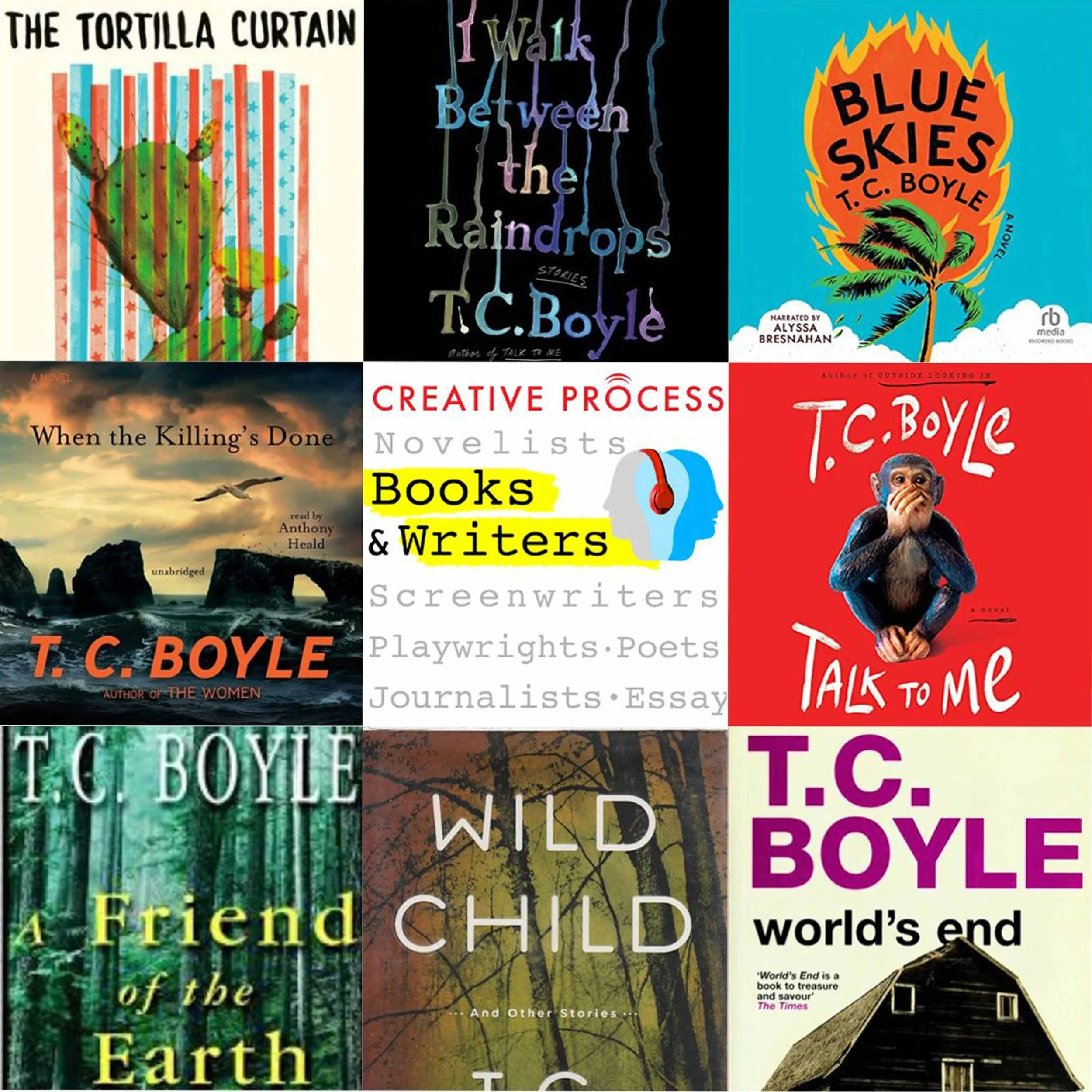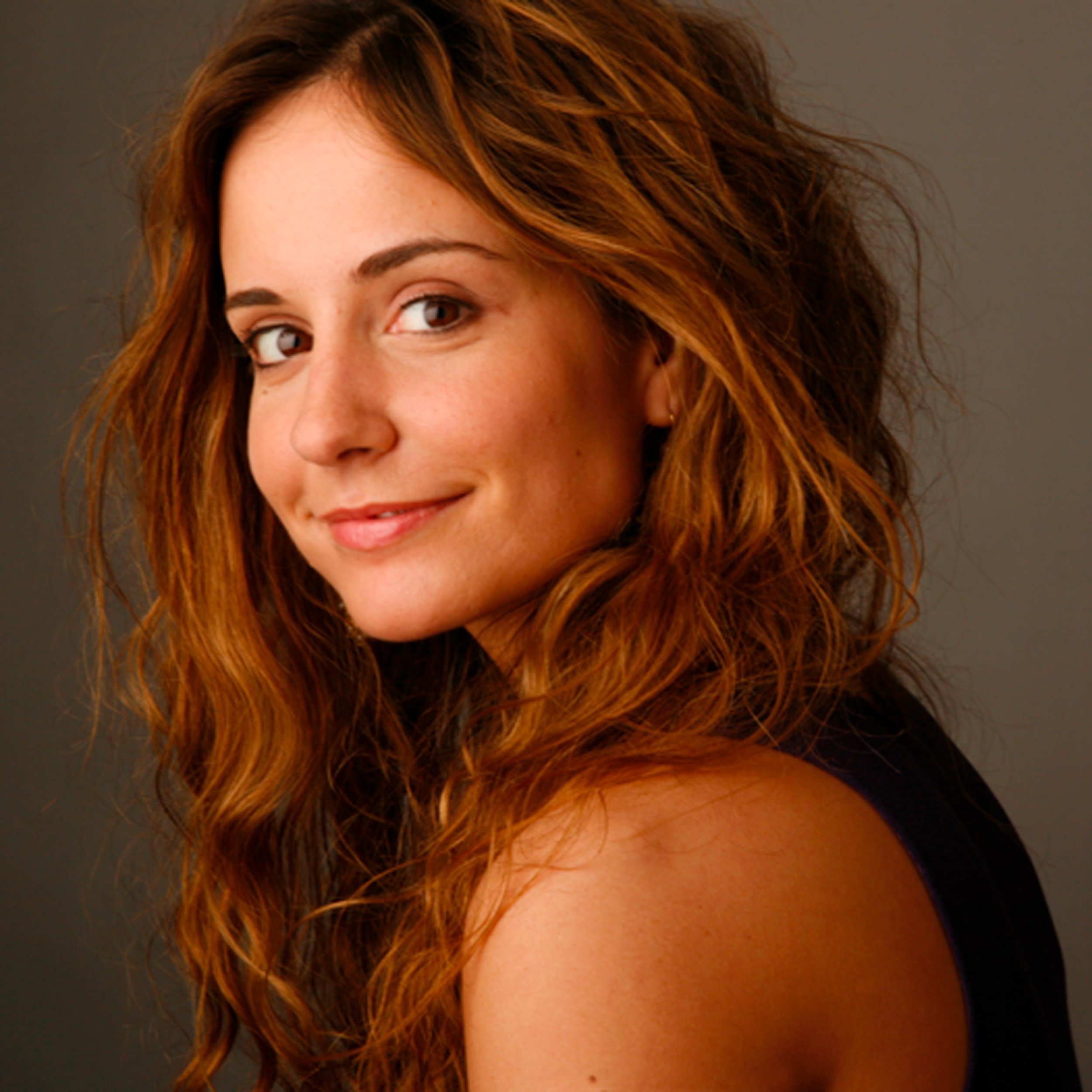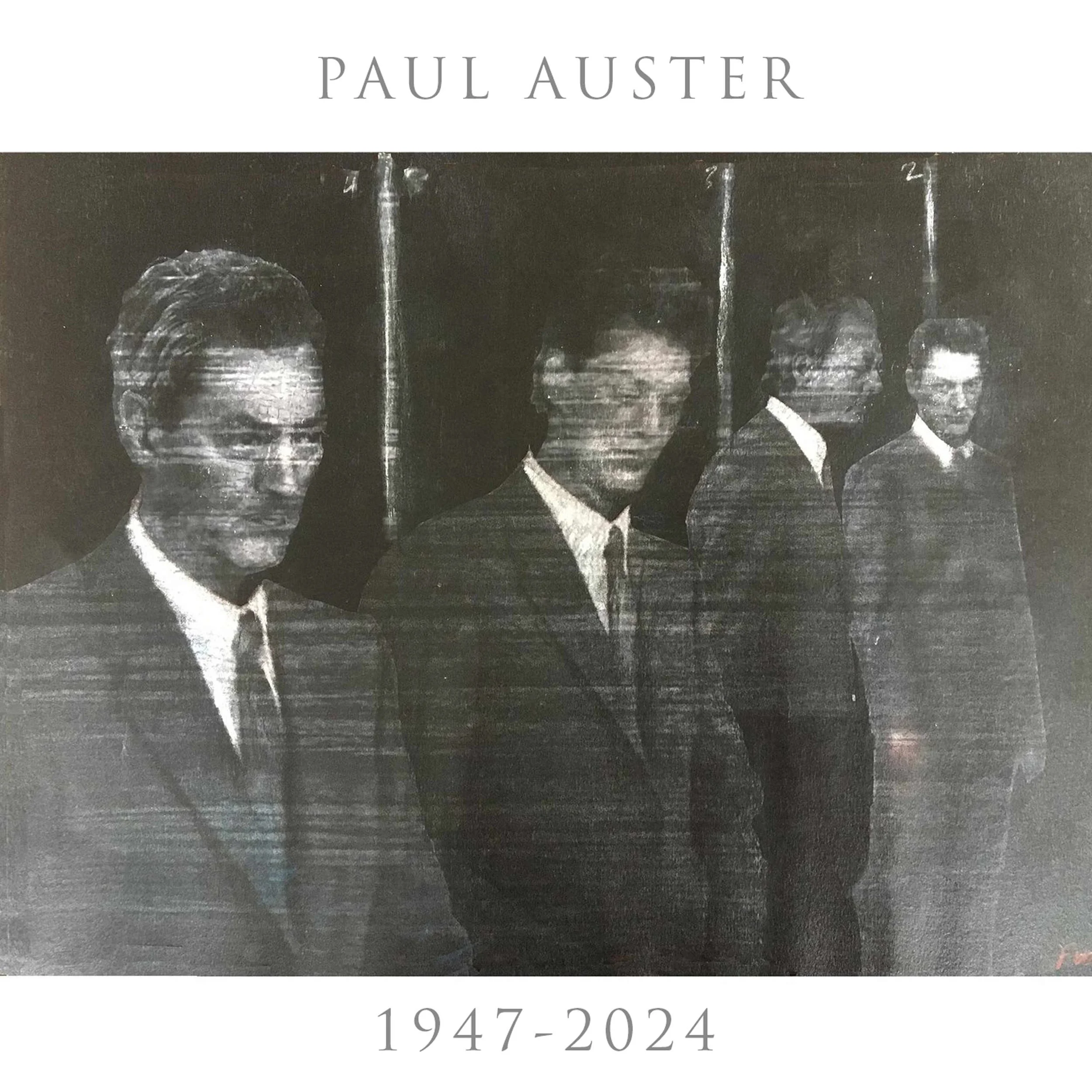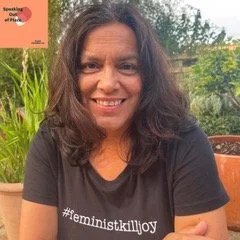THE CREATIVE PROCESS
In your book, there are ghosts who go around whispering ideas into the ears of the living, so that we think the idea is in our head, but it's something that's been whispered by a vengeful or mischievous ghost.
SHEHAN KARUNATILAKA
So this was the decision to write in the second person. A lot of people ask me: why? There are not many examples of this technique. The reason I opted for that is I was trying to figure out interviewing a ghost. And one of the challenges was: what does a disembodied voice sound like? The narrator's body has been chopped up and chucked in a lake.
So, I figured that if anything survives the death of your body, it's perhaps the voice in your head. The voice in my head is in the second person. I don't know about your head or anyone else's head, but in mine, it's the second person.
It's almost like someone else telling me: Yeah, you should have worn a better shirt for this interview. You should have read a better chapter. And it's almost like someone is talking to me. And I tried this technique, and I think Maali Almeida also questions. Who is the you that's telling the story? And this is addressed. We've all had experiences where we've done something or said something and we've thought: what was I thinking? Why did I do that? And what made me do that? And so Maali also ponders: Is the voice telling the story, is that me, or is it someone else? Is there a spirit? Because he observes that spirits, because they're so bored - because I have to also figure out what ghosts do all day? Because we know in horror movies, ghosts turn up and be scary. And I don't know if there are resolutions in the book, but there is the idea that maybe are your thoughts your own? Or is someone else whispering them to you?
THE CREATIVE PROCESS
The figure of the leopard recurs in the book. And I think if you watch leopards in the savannah, you can see that they're at repose until they need to be. And then they just take off, and you can't even follow them with your eyes. So it's kind of like, we conserve our energies and our imagination and we just take off when we have an idea.
As you were writing, you were absorbing different religious, spiritual and artistic traditions. Which were those that resonated the most?
KARUNATILAKA
I was very inspired to know that humans are not the be-all and end-all. We're just one state. But you could be in this state of consciousness, this kind of godly state, even a demonic state, but also the fact that all living creatures had souls and were affected by karma. And this is something we tend to forget, especially because animals are so tasty and therefore we have to justify slaughtering them on such a mass scale. So we want to believe that they don't count. Or they are somehow lesser souls than us. The cat doesn't believe that it's a pet. The cat believes they are the center of the universe. I'm sure the cockroach believes that they are the center of the universe, just as we do. And back to the thing you said: how our bodies inform our view. I think every living creature suffers and experiences joy. And therefore it's convenient for us to say that certain things don't have souls...whatever the soul is.
THE CREATIVE PROCESS
I sometimes feel that I trust an idea more when it comes suddenly from the outside. When you're like a vessel. I feel like it's stronger and it has a momentum. I feel we can go wrong when we're the only author. It's like our ego contaminates our imagination. So I feel like there's a natural order that one becomes a vessel.
KARUNATILAKA
The notion that the idea is out there, but you just need to be in a state to receive it, that's a very comforting thought because it takes the onus off of you. You don't have to be a genius. You don't have to be this big creator. You just have to read and keep healthy and keep yourself open and the idea will arrive. And the funny thing is, usually it arrives to you and then you're typing.
THE CREATIVE PROCESS
Maali Almeida is also a closeted gay man. Why did you choose that? Or did it just seem natural? You also had some inspiration from the life of a real journalist?
KARUNATILAKA
I think when the novel went through many revisions and reiterations, a lot of Richard de Zoysa's biography got shared, and Maali Almeida emerged as a character. But that one detail stayed, the fact that he was a closeted gay man. Again, you write by instinct, and also I had to explain why was this privileged Colombo kid, going to these very dangerous places and hanging out with very dodgy characters. So one reason was perhaps ego. He found something he was very good at, and he thought he was bearing witness and doing this great service.
I think another reason - and also this idealism that he thought his photographs could change the world - but also I think as a closeted gay man, he could express himself sexually in the war zone. Normal rules didn't apply. And also I think this informed his world. He just believed in being a hedonist and enjoying his sexuality. And the only way he could do that was to go to these dangerous places where no one he knew would be watching.
I don't know if I could revise it now and make him heterosexual and have the story work quite as well. So that was the reason. Since then I've been questioned because now that debate is alive and well: the cultural appropriation debate. Are we allowed to write novels from the perspective of characters of different sexualities, genders, and ethnicities?
I think we are. I think that's the whole point of being a novelist or being a storyteller is that you are allowed to inhabit other consciousnesses and see the world through other points of view. Of course, you have to do it well. You have to do it with respect. You have to do the empathy. And you have to do it responsibly.
So if I had done it, and hopefully I've done it well, because I was very careful to do my research properly and get my story read by my friends, by friends who are gay men, and get them to kind of critique it as well. So I think you need to do that, but I don't think we should be placing boundaries because otherwise, I have to write from a Sinhalese Buddhist, Sri Lankan, middle-aged dude...which is quite boring.
I'd like to explore different characters if I'm allowed to write more. So that was really the thinking. It wasn't a political decision. It just felt right for the character, and in the end, it was true to who the character was. And in the end, I think with the plot as well, it gives the novel another dimension.
THE CREATIVE PROCESS
As you think of the future and new technologies like AI and ChatGBT, what for you is the importance of the humanities and their role in helping us navigate new technologies and give our lives meaning?
KARUNATILAKA
But I always think new ideas are what have led us forward. And new ideas, they come out of the humanities. They come out of understanding the classics, psychology, philosophy, and sociology, and being able to think.
I think I'm okay for a couple more books before the robots start writing Booker Prize-winning novels. At the moment I think we're okay because I've tried this technology, and I think it's at the level of a junior copywriter who works hard. The first draft and all of that. But who knows where it's going to go? And we're all reminded this technology is in its infancy. So it's conceivable that these things are going to be writing novels and writing pretty good novels. Perhaps AI can write a formulaic detective thriller? But I don't think it's going to produce a Margaret Atwood or a Salman Rushdie. I think the real challenge is to write stuff that hasn't been written before. And that's what we are all trying to do. So the technology can replicate what's been done before, but the real novels that are going to move us, the stories that are going to move us, are the stuff that hasn't been done before. And that's where I think writers come in. And that's where an understanding of the humanities and being able to come up with new ideas rather than just replicate or rehash new ideas...I think we're still going to need human brains. And there's still room for originality because we think everything's been done, but I think it's just a fraction. There are lots of ideas out there, so I'm hopeful. I'm not too worried. And if this ChatGPT will help me. Instead of spending seven years on a novel, if I can knock out a novel in seven weeks, I'll be happier. The more writing I can do.
Photo credit: David Parry/Booker Prize Foundation
This interview was conducted by Mia Funk with the participation of collaborating universities and students. Associate Interviews Producers on this episode were Sam Myers and Aaron Goldberg. The Creative Process is produced by Mia Funk. Additional production support by Sophie Garnier.
Mia Funk is an artist, interviewer and founder of The Creative Process & One Planet Podcast (Conversations about Climate Change & Environmental Solutions).




















